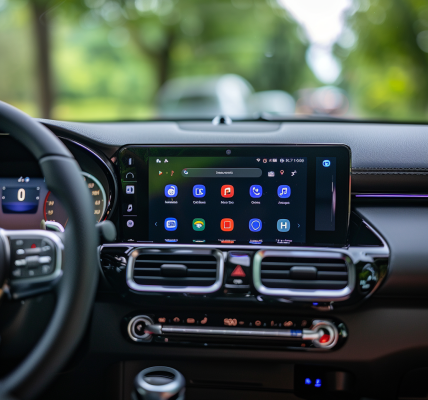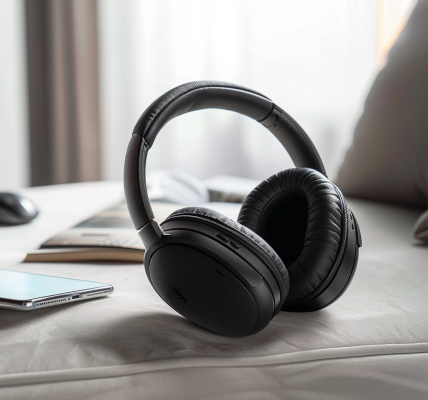Elon Musk Announces Successful Implantation of Neuralink’s Wireless Brain Chip in Human
Tech mogul Elon Musk has made a groundbreaking announcement regarding the successful implantation of Neuralink’s wireless brain chip in a human for the first time. The initial results have shown promising neuron spikes or nerve impulses, with the patient reportedly recovering well.
Neuralink, a company founded by Musk, aims to establish connections between human brains and computers to address complex neurological conditions. This development marks a significant milestone in the field of neuroscience and technology.
Several competing companies have also made strides in implanting similar devices, indicating a growing interest and investment in this emerging technology.
Neuralink received approval from the US Food and Drug Administration (FDA) in May to conduct human testing of the chip, following earlier challenges in obtaining regulatory clearance. The company has embarked on a six-year study involving the surgical placement of 64 flexible threads, thinner than a human hair, in a specific area of the brain associated with ‘movement intention.’
These threads enable the experimental implant, powered by a wireless rechargeable battery, to record and transmit brain signals wirelessly to an app capable of decoding the individual’s intended movements. Elon Musk revealed on social media platform X, formerly known as Twitter, that Neuralink’s first product will be named Telepathy. He described Telepathy as a revolutionary tool that would allow users to control electronic devices simply by using their thoughts.
According to Musk, the initial beneficiaries of Telepathy will be individuals who have lost the use of their limbs. He emphasized the potential for enhancing communication and control, citing the example of renowned physicist Stephen Hawking, who battled motor neurone disease. Musk envisioned a future where individuals with disabilities could communicate and interact with unprecedented speed and efficiency.
While Musk’s involvement has brought attention to Neuralink, the company faces competition from established players with extensive experience in the field. Blackrock Neurotech, based in Utah, implanted its first brain-computer interface in 2004, while Precision Neuroscience, co-founded by a member of the Neuralink team, is also dedicated to assisting individuals with paralysis. These competitors have developed innovative implants and achieved significant milestones in leveraging brain activity for communication purposes.
Recent scientific studies in the United States have demonstrated the potential of brain implants in monitoring and decoding brain activity to facilitate communication, offering hope for individuals with speech impairments.
The successful implantation of Neuralink’s wireless brain chip represents a major advancement in the convergence of neuroscience and technology, with far-reaching implications for healthcare and human-computer interaction.





